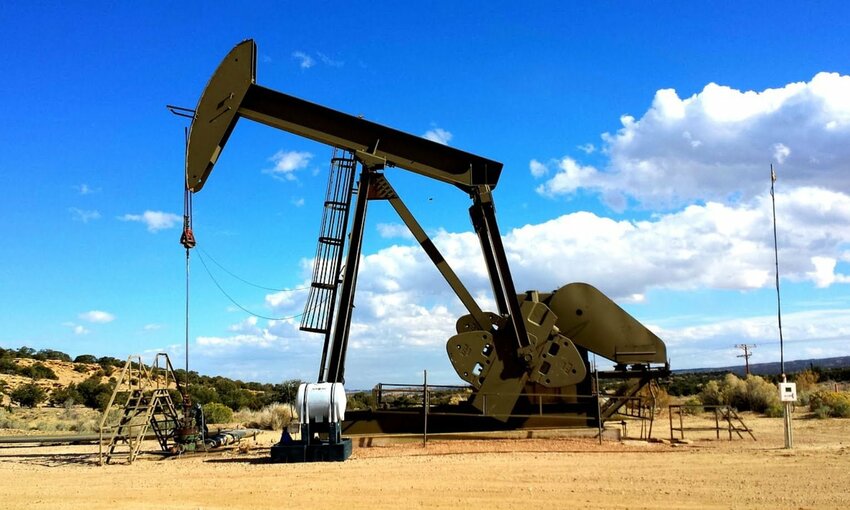 (Credit: Pixabay)
(Credit: Pixabay)IPIECA, the American Petroleum Institute (API), and the International Association of Oil & Gas Producers (IOGP) today released the new edition of the “Sustainability Reporting Guidance for the Oil and Gas industry.” The report provides oil and gas companies with a framework to demonstrate their role in the energy transition by reporting on how they manage climate and sustainability impacts and opportunities.
Updates to the guidance cover six areas of focus:
Notably, modifications were made to improve reporting of performance indicators related to "climate change and energy,” as these areas are of real interest to an investment community increasingly committed to financing innovative, lower-carbon energy paths.
Under this section, the report states that communicating your governance approach allows investors and other stakeholders to build confidence in a company’s capability to be part of the global energy transition and to meet climate change challenges. This includes addressing climate-related risks and opportunities in terms of market positions, policies and strategies, regulatory frameworks, and the influence of scenarios on future energy supply and demand.
Under the subheading of “climate governance and strategy,” the research suggests companies report on the following:
Under the subheading “lower-carbon technology,” the study states that a company’s reporting elements should:
The updated guidance represents the work of more than 80 representatives from 28 oil and gas companies from six continents and an independent external stakeholder panel comprised of experts representing NGOs, investors and investor groups, banks and expert consultants.
The full report can be found here.